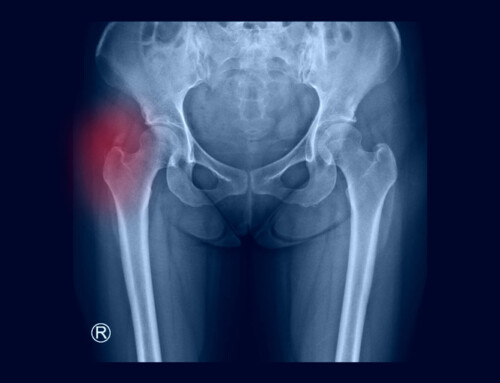Ryan Telian, SPT
What Is Peripheral Neuropathy?
The term “Peripheral Neuropathy” refers to a large group of disorders that cause motor and sensory deficits in your extremities. There are many causes of this disease process, the most common being diabetes, HIV, and cancer patients receiving chemotherapy treatment. Other causes include genetics, autoimmune disorders, infections, toxic exposures, nutrition deficiencies, trauma, hypothyroidism, and unknown or idiopathic. Symptoms will typically start in the hands or feet, where feelings of altered sensation, pain, muscle weakness, poor balance, and incoordination.
This condition will often mimic other diagnoses such as myelopathies, radiculopathies, or a condition of the central nervous system. A physical therapist will take your medical history to try to tease out the root of your symptoms. They will also test your sensation, strength, reflexes, and balance.
Physical Therapy and Peripheral Neuropathy
Medical tests are needed for an accurate diagnosis of this disease. Often times nerve conduction tests and electromyography or EMG are performed to measure the electrical activity in the nerves and muscles. Other tests include a complete blood count, thyroid function test, and a nerve biopsy.
The prognosis for peripheral neuropathy isn’t clear-cut. Some individuals notice more resolution in their symptoms over time while others may not see an improvement. Physical therapy is a viable treatment approach for individuals with this condition. Exercises typically focus on strengthening, balance, endurance and flexibility. These approaches have been shown to help reduce symptoms and improve overall function.
Contact Capital Area Physical Therapy at (518) 289-5242 for more information on PT treatment for peripheral neuropathy and related conditions.






